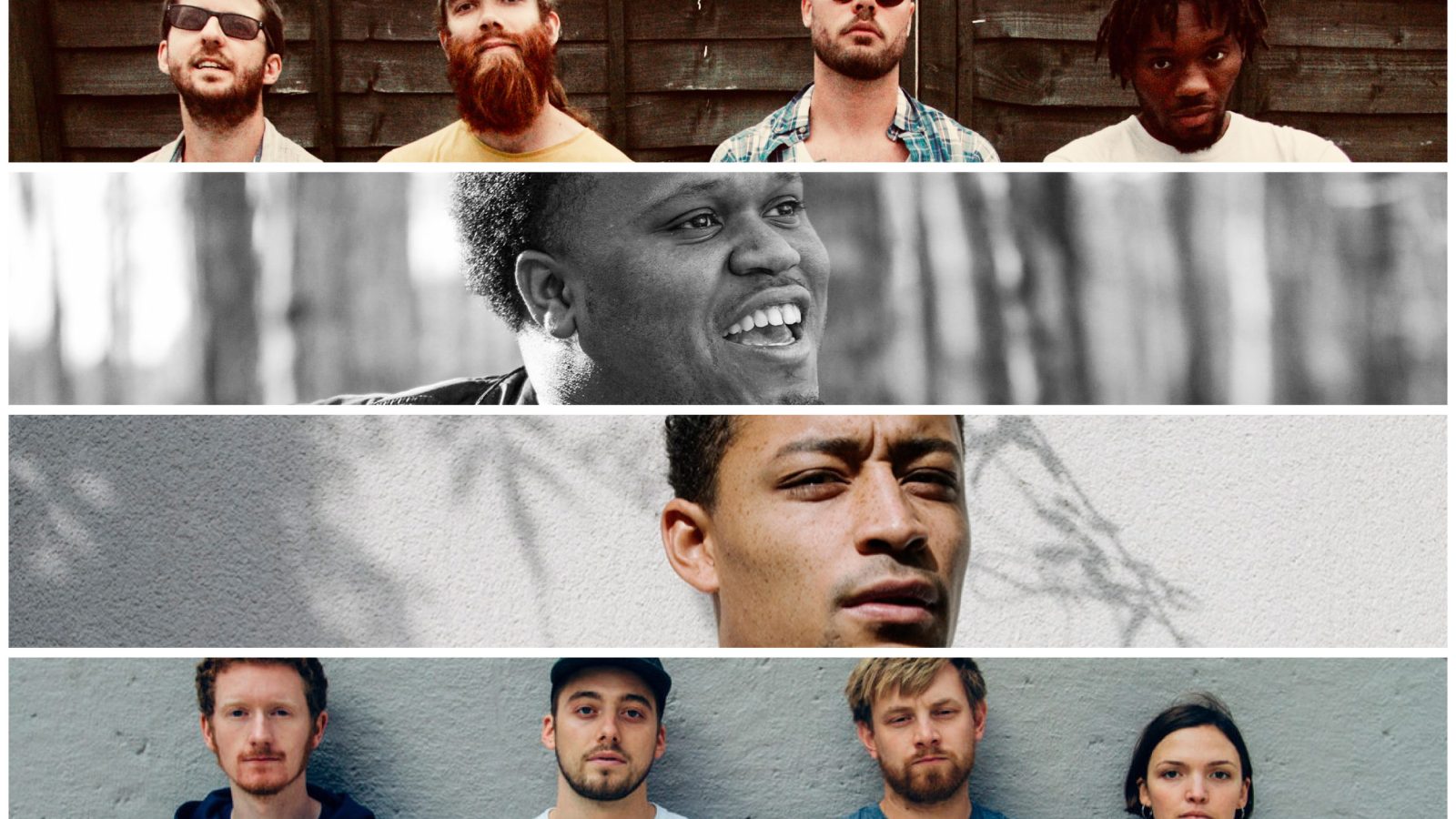
Guide to the Week of Music: Hugh Masekela Remembered and Ruby Rushton’s Ironside
The late jazz trumpeter and anti-apartheid activist Hugh Masekela was remembered worldwide yesterday, on what would’ve been his 80th birthday. A commemorative Google doodle circulated in the US, UK and South Africa amongst other territories: nodding to the places in which the influential artist established his career and focussed his anti-apartheid actions. His legacy was also highlighted by organisations like Jazz at Lincoln Centre, who shared their remembrance article from last year alongside footage from Masekela’s 75th birthday concert, at the venue.
Affectionately known as Bra Hugh, Masekela’s career had began to gather pace in the mid-to-late-fifties, while he was still a teen in South Africa. The events and aftermath of the 1960 Sharpeville massacre were what finally forced him to leave the country, leading him first to London’s Guildhall School of Music, before his trips to the US and meeting with jazz vocalist Harry Belafonte saw him enroll at the Manhattan School of Music.
His late sixties and early seventies album contain some of his most popular hits, but his late eighties song Bring Him Back Home (Nelson Mandela) is also widely known as being a key composition in the struggle against the South African apartheid regime and campaign to have Mandela freed from prison. Masekela never stopped developing his art, often working with young and upcoming musicians, encouraging them to learn and guiding them in the world of professional music.
His momentous work will no doubt live on for years to come. Here’s an interview in which classical and jazz trumpeter Wynton Marsalis talks to Masekela about the anti-apartheid struggle.
Head over the Guide to the World of Music for the full article.






